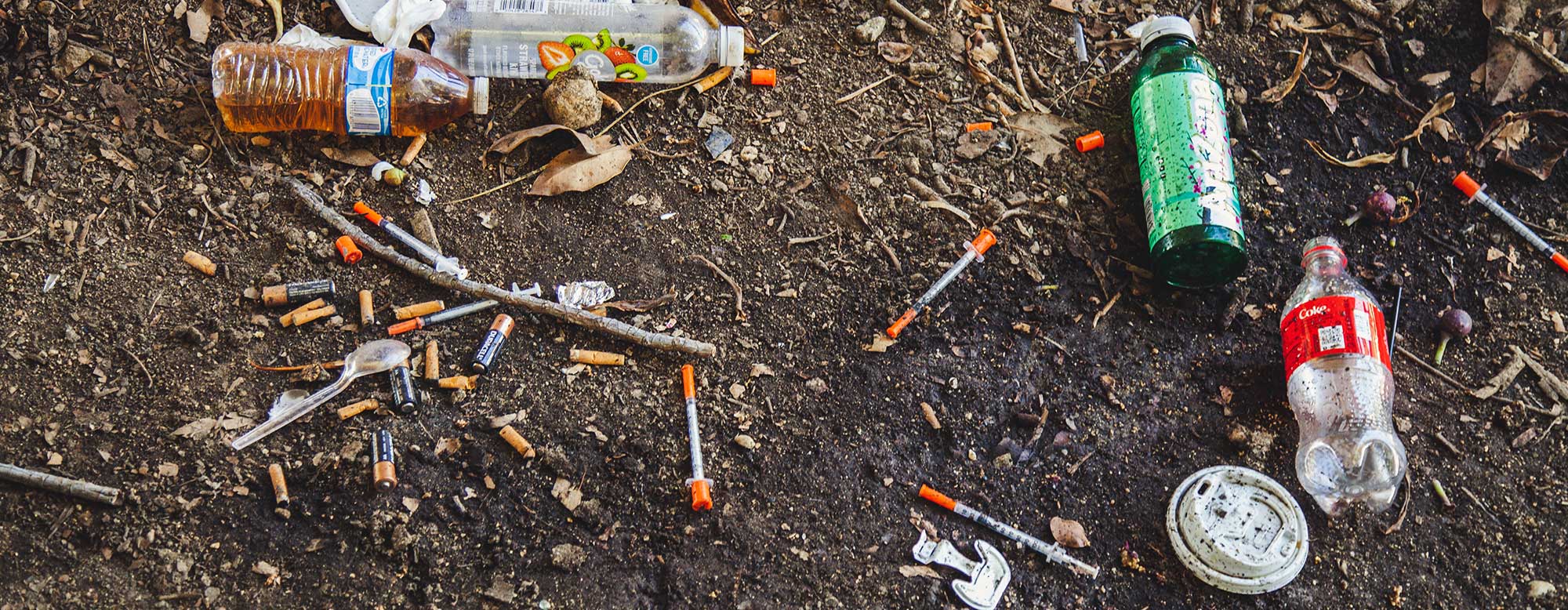I hate to admit it, but there seems little point trying to hide the obvious. We’re losing the war on death.
Despite billions of dollars being spent on health care every year, people are still dying. The experts tell us that despite our best efforts, death is inevitable.
In spite of this, I don’t hear people calling for a cut in health spending. Nor do I hear people calling for the closure of medical centres and hospitals. It is a curious situation because we are also losing the war on drugs, and that revelation always brings calls for radical changes to our approach.
Philip Adams, writing recently in the Weekend Australian Magazine, is just the latest intellectual to argue that since we are not winning the war on drugs, we should legalise them.
It’s a strange argument since we are also losing the war on speeding, domestic violence and theft but I don’t hear anyone calling for those kinds of behaviours to be legalized.
The argument goes that the greatest problem with drugs is not the drugs themselves, but rather the fact that they are illegal. When it comes to forbidden fruit, it’s not the fruit but the ‘forbidden’ that is the problem.
The illegality of drugs ensures there is a limited supply. Those pesky law enforcement officers keep confiscating the stuff and this drives up prices, forcing innocent people to commit crimes they would otherwise never have committed, in order to finance their habit. But if we legalized drugs, we are assured, prices would fall and so too would the crime rate.
Whilst, under such a regime, drug users may not need to commit as much crime to afford their drugs, I’m not convinced crime rates would necessarily fall. Isn’t it the case that many people who engage in drug-taking are already overstepping boundaries of right behaviour in other areas of life as well? Sometimes taking drugs is just an extension of behaviour that is already quite anti-social and even criminal.
And who is to say that the decision to officially sanction drug taking will not actually stimulate more crime? Drugs do not generally make people better citizens, but worse. Drugs generally hinder rather than enhance a person’s ability to earn a living through gainful employment.
Moreover, does it not occur to Philip Adams, and other proponents of legalizing drugs, that making drugs cheaper makes drugs more accessible and could thus mean increasing numbers of people using them? Any benefit from a reduction in crime, as uncertain as that claim is, could well be lost by the increased incidence of drug use.
The worst argument for the legalization of drugs is that people should be free to do whatever they want, provided they do not hurt anyone else. Philip Adams breezily argues that trying to stop people taking drugs is as silly as trying to stop people from shopping as if injecting heroin is no different from buying a soft drink.
It is quite obvious that drug use invariably affects many more people than just the user.
I talked to a father not long ago whose son had been hospitalized for a month after taking drugs at a party. Concerned residents reported the young man to police when they saw him wandering their streets – dazed, half-naked and incoherent – in the early hours of the morning.
His private drug use meant he required a public hospital bed, one that somebody else could have used.
His private drug use created fear among residents, great worry and concern for his parents and loss of productivity for his employer.
Now this young man, for the foreseeable future, is unemployed. Far from expanding his consciousness, drug use appears to have limited his options. He has become a burden on his family and on the community.
The idea that people should be allowed to do whatever they like so long as they don’t interfere with others is an almost completely useless principle for determining behaviour since almost everything we do inevitably affects someone else in some way.
It’s true that making drugs illegal limits people’s freedom to enjoy a chemically enhanced euphoria. But it also limits their freedom to do themselves and those around them harm.
I have visited enough young people, in psychiatric wards as a result of drug-induced episodes, to realize that the freest man is certainly not the one who takes drugs.
The truth is that we lose surprisingly little by not being allowed to take drugs. We may not be winning the war, but since when has that been a good reason to give up the fight?























